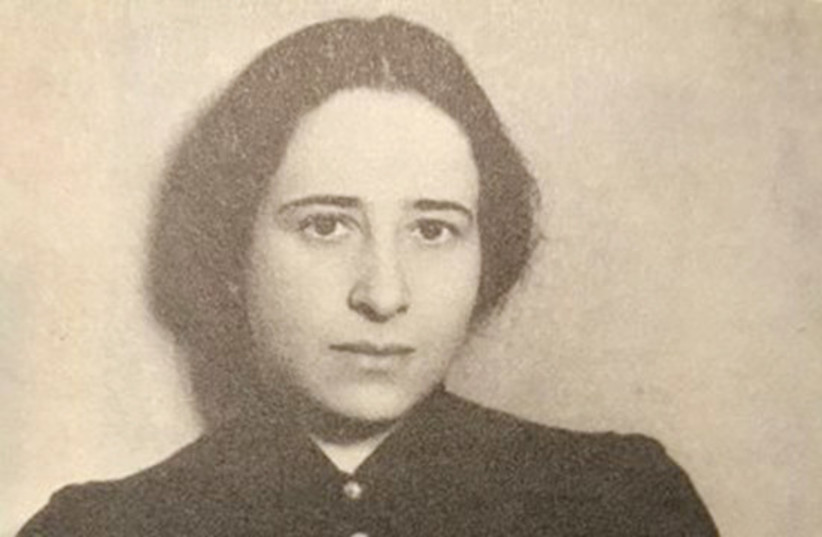In the aftermath of World War II, Jewish thinkers who survived the Holocaust wrote about forgiveness and resentment when considering a future in which humanity would want to rebuild. Healing, they believed, necessitated the recognition of the humanity of the other side. They viewed talks of reconciliation as useful and yet falling short. Jean Améry and Hannah Arendt demanded that offenders and survivors make an intellectual commitment to the moral values of forgiveness and resentment. Diplomatic solutions were politically reliable, but they were also proof that in the aftermath of mass atrocity the parties at war were unable to see the other side as human, and instead preferred to see the other as a dangerous stranger with whom they could at best have tenuous political transactions.
“I speak as a victim,” wrote Belgian Jewish philosopher Jean Améry after World War II, “and examine my resentments.” Améry spoke strongly against those who “were already trembling with the pathos of forgiveness and reconciliation.” For Améry, resentment was an insistence on attaching moral responsibility to the perpetrators of evil by “actively settling the unresolved conflict in the field of historical practice.” The resentful survivor demands justice from the perpetrator who, when faced with the atrocities he has committed, must acknowledge the humanity of his victims and the crucial importance of being educated by those victims on the nature of his crimes. Only then will the perpetrator be morally and existentially ready to accept real, not just contingent, responsibility for the evil he has brought into the world.
Hannah Arendt, another Jewish survivor, emphasized forgiveness. Arendt rejected a view of justice reliant on the law of talion, an eye for an eye or a life for a life, which she believed always culminates in suspicion and alienation between perpetrators and victims. Forgiveness, instead, wagers on a new beginning.
“Without being forgiven,” she argued, “released from the consequences of what we have done, our capacity to act would, as it were, be confined to one single deed from which we could never recover.” Arendt was convinced that no person can be reduced to the sum of their crimes. Every individual could have done good at one point or another in his or her life and thus could change and do good in the future. It is the role of forgiveness to wager on who a person is rather than reduce his/her humanity to a crime that would condemn him/her forever. Forgiveness possesses “an unequal clarity of vision for the disclosure of who, precisely because it is unconcerned to the point of total unworldliness with what the [other] person may be.”
Right now, Israelis and Palestinians are concerned with questions of what atrocity must be vindicated; they are oblivious to the who – the humanity of the other side and the suffering that issues from such dehumanization. What is clear to me is that resentment in the form of an accurate documentation of history can be a springboard to mutual recognition between witnesses, be they victims or offenders. For the witness, forgiveness is a leap of faith, a wager on the good, not a forgetting of evil. Resentment is a demand that offenders take moral responsibility for their actions. A resentful survivor wants to shape an unforeseeable new commitment to responsibility in the present, the kind of commitment that will build the moral foundation of future generations. A forgiving survivor has faith in the humanity of the perpetrators, on their ability to feel remorse and acknowledge the humanity of their victims. Resentment is a form of remembering. Forgiveness is a form of responsibility. Together they instill a desire to collaborate with the other side to create a better future, a future manifested as two states, self-determined, free, and secure.■
The writer is a senior lecturer at the department of literature and the interdisciplinary program at Tel Aviv University. She is the author of Forgiveness and Resentment in the Aftermath of Mass Atrocity: Jewish Voices in Literature and Film.

